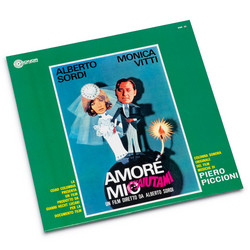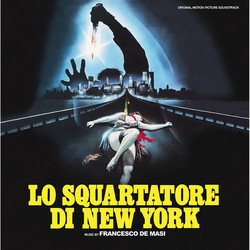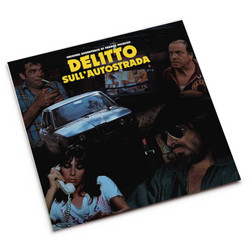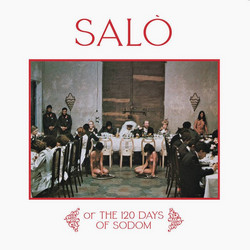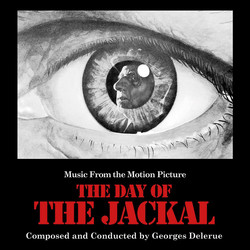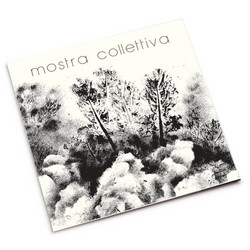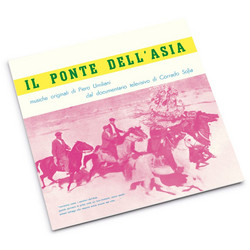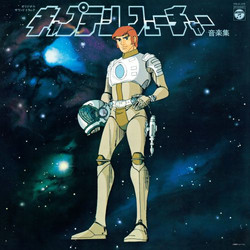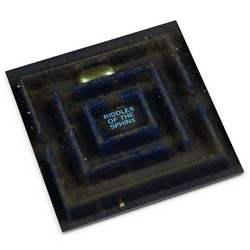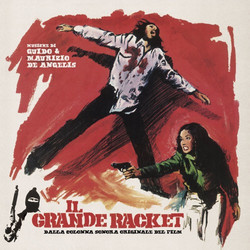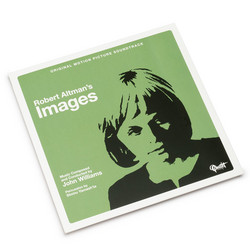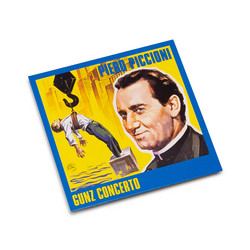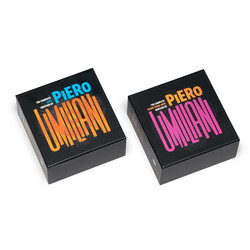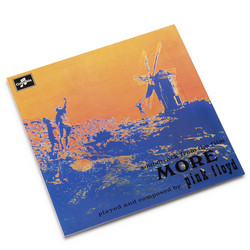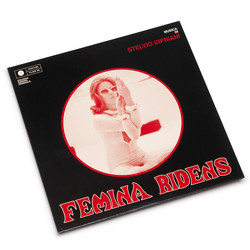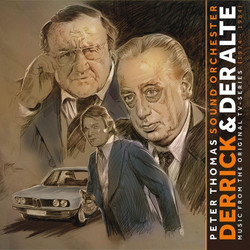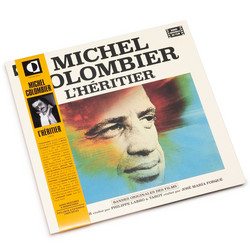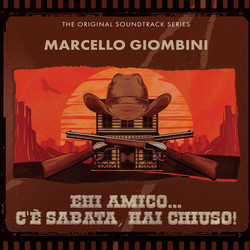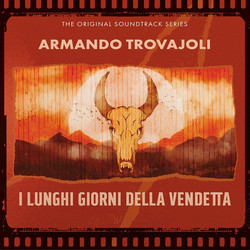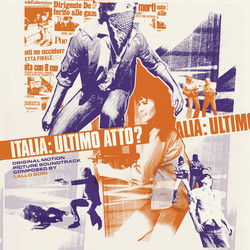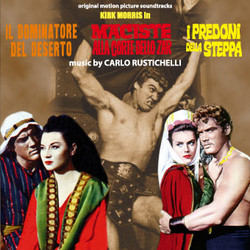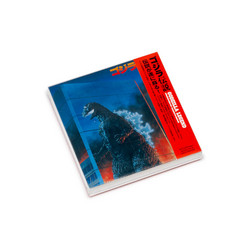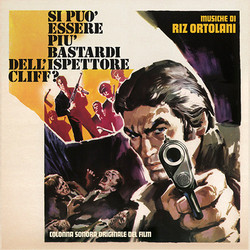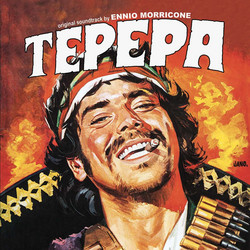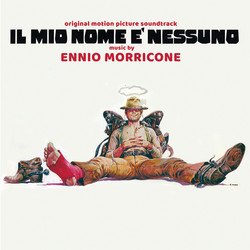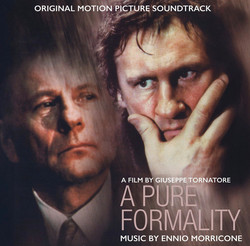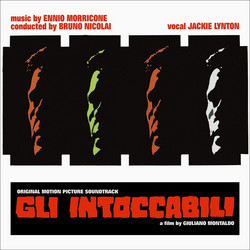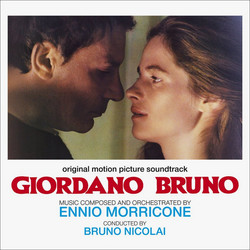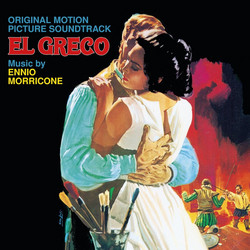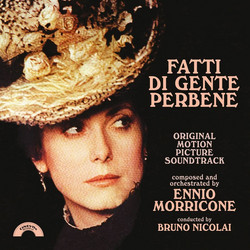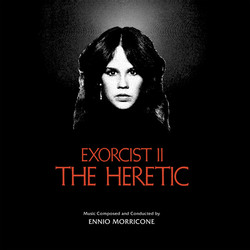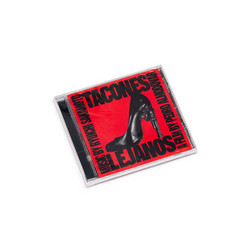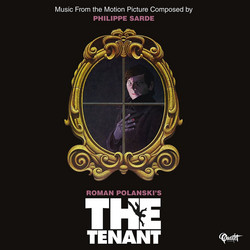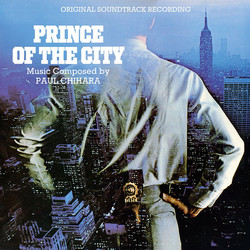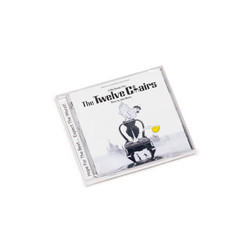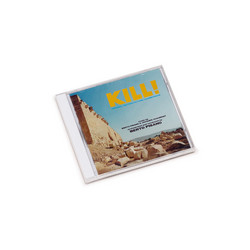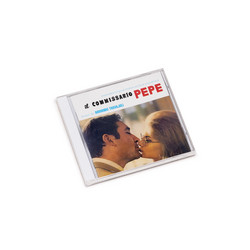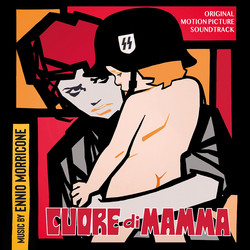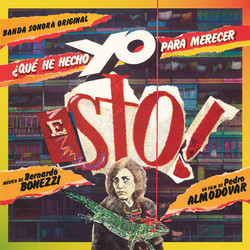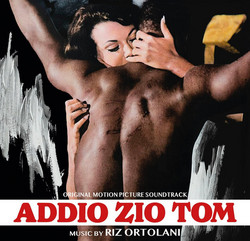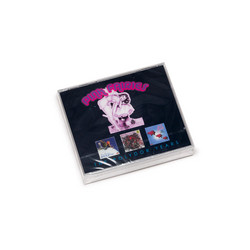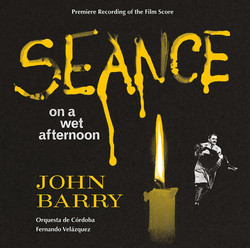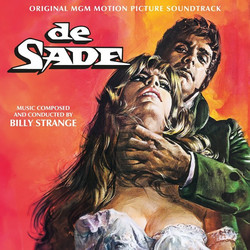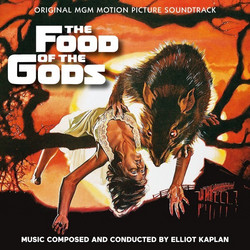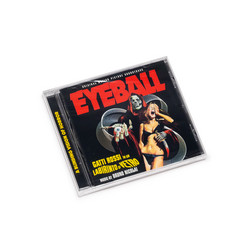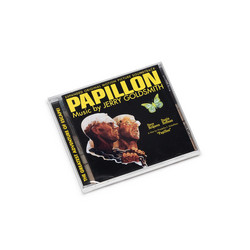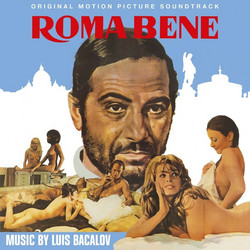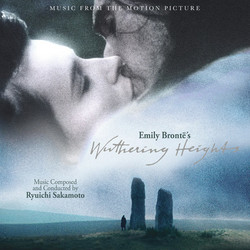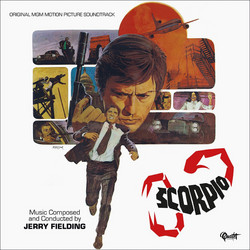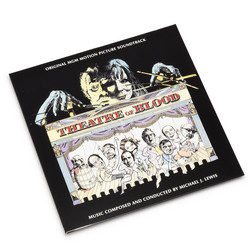Created in 1974 for Francis Girod’s darkly satirical Le Trio Infernal, Ennio Morricone’s score occupies a peculiar intersection of sophistication and malice. The film, starring Michel Piccoli and Romy Schneider, tells the story of a manipulative lawyer and his two murderous lovers in early 20th-century Marseille—a setting where polite society masks cruelty and desire. Morricone’s music does not simply accompany this perverse tale; it becomes the lens through which we perceive its contradictions. What distinguishes Le Trio Infernal from Morricone’s contemporaneous works is its sly irony. Instead of imposing tragedy or suspense, he constructs an elegant sonic masquerade. Waltzes drift uneasily into twisted cabaret tunes; light motifs are undermined by eerie harmonics and dissonant brass stabs. The composer uses European dance forms to inject civility into horror, evoking a world where charm itself becomes an instrument of deceit. One hears faint echoes of Viennese elegance filtered through a surrealist conscience—a musical theater of manners, poisoned from within.
This combination of wit and cruelty extends to the instrumentation. Morricone aligns lush strings and harpsichords with distorted, sometimes playful vocal elements that border on parody. His use of comic disjunction—an innocent melody trailing into grotesque laughter or percussive jolts—reminds listeners of the fragility behind the narrative’s surface order. Yet beneath the irony, there is pathos: moments where the score pauses long enough for melancholy to pierce through the sardonic veneer. Throughout the composition, contrasts function as moral commentary. A graceful waltz unravels into atonality; a bright fanfare collapses under its own absurdity. This constant instability mirrors the film’s critique of bourgeois hypocrisy. Girod’s vision of decadence and corruption finds its perfect partner in Morricone’s dry humor and compositional precision. The soundtrack neither condemns nor empathizes—it observes, with the distance of a composer fascinated by human contradiction.
Reissued several times since its 1970s debut, including a newly remastered edition from Music Box Records that restores original cues and studio alternates, Le Trio Infernal has finally gained recognition as one of Morricone’s most conceptually rich works. It belongs to that rare strand of his output where intelligence and mischief converge: music that mocks beauty while remaining irresistibly beautiful itself. Listening today, Le Trio Infernal still feels unsettlingly modern. Its blend of irony and lyricism anticipates later Morricone scores for political and psychological dramas, proving how effortlessly he could translate the ambiguities of human behavior into music. The result is a timeless exercise in elegant corruption—a danse macabre for a world smiling at its own decadence.
